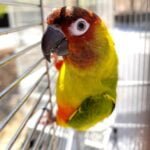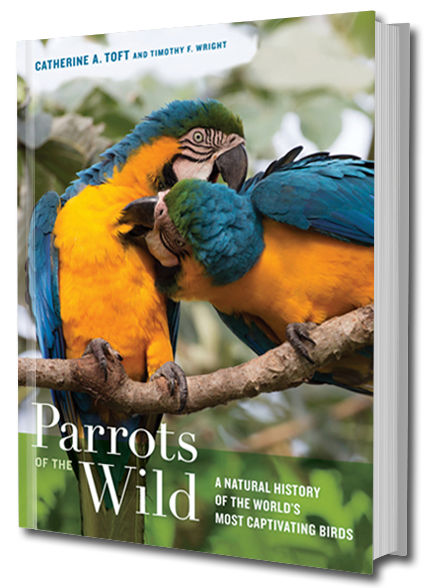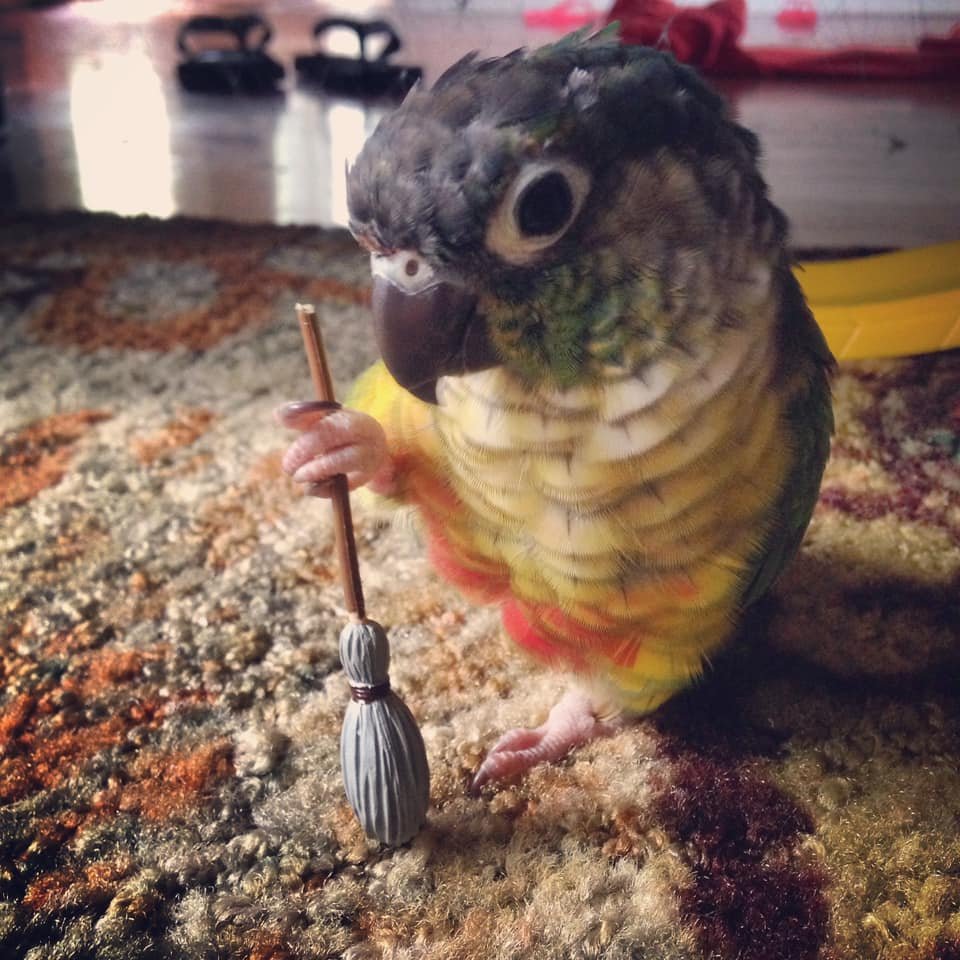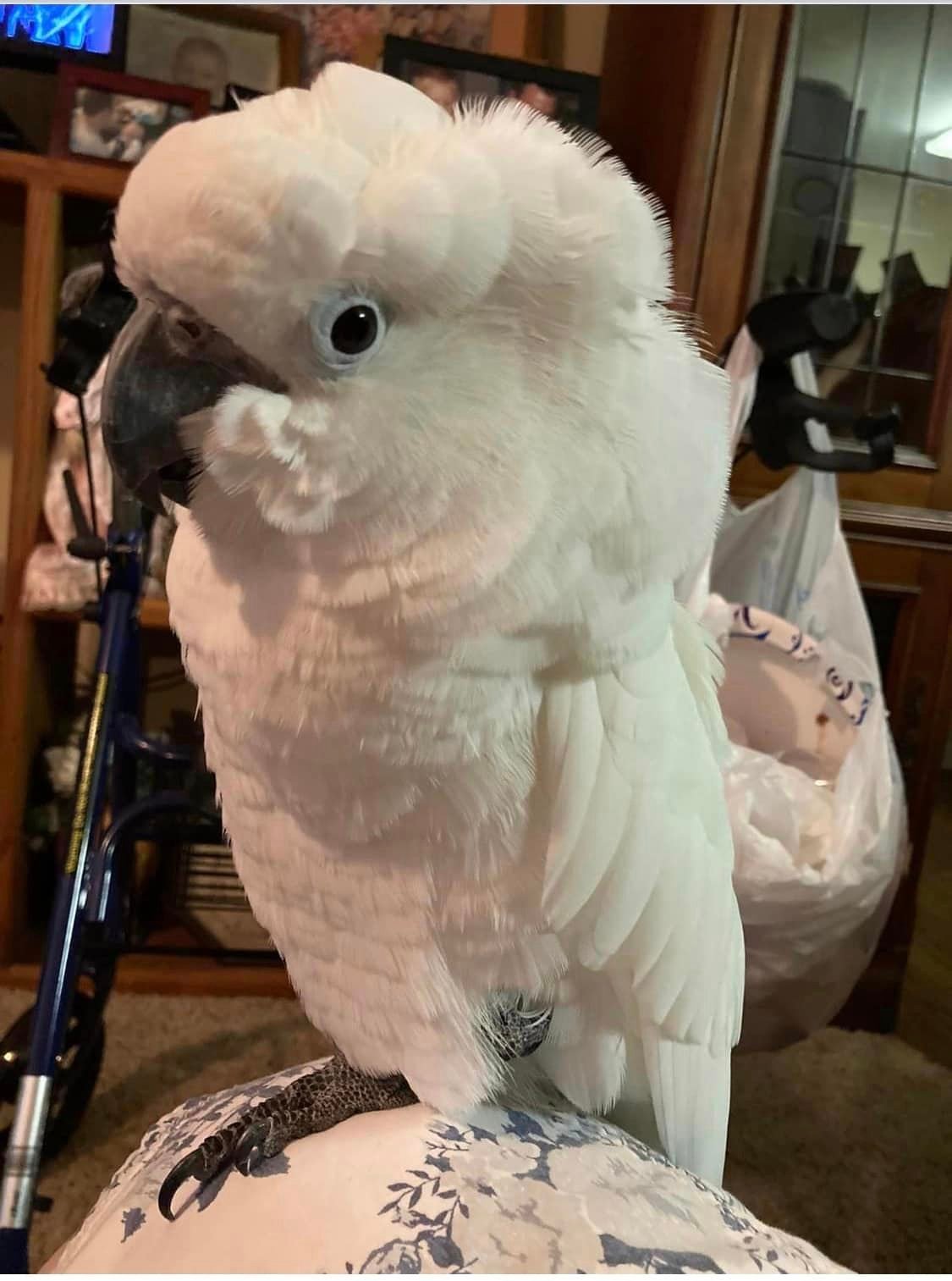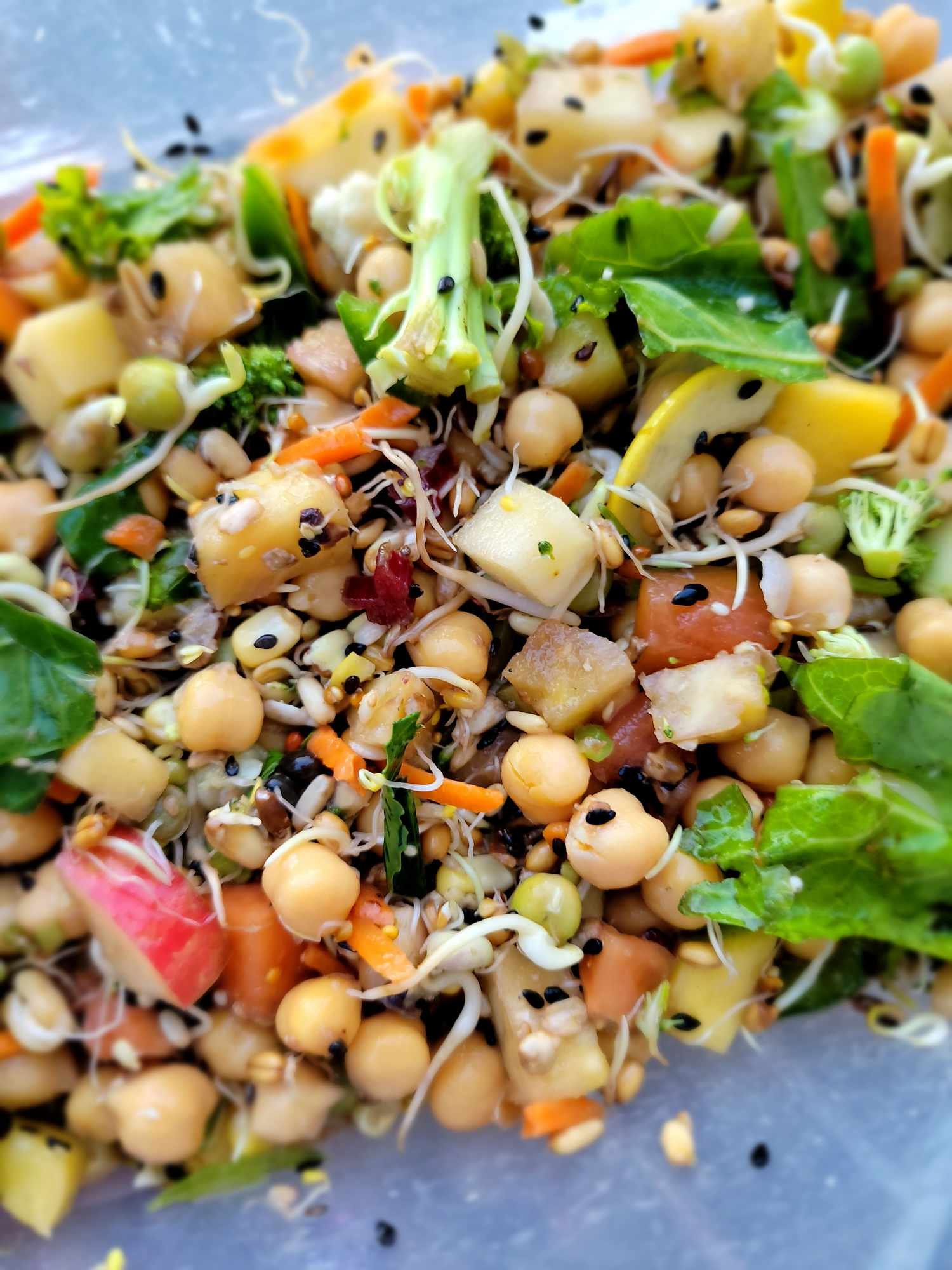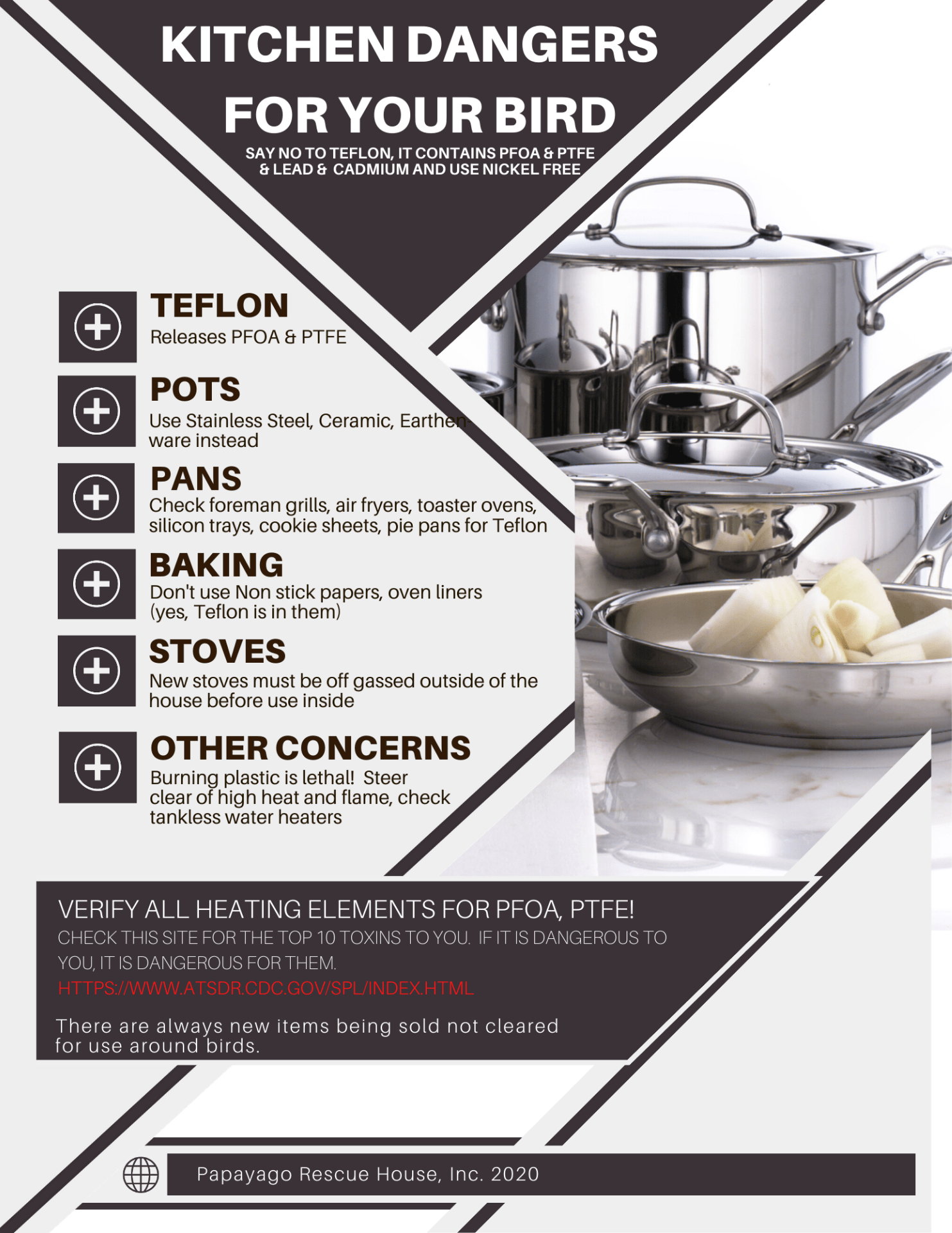Maintaining your parrot’s health is a top priority, and ensuring they receive enough Vitamin A is a fundamental part of their care.
Parrots, with their vibrant feathers and charismatic personalities, are cherished companions for many. To ensure that these feathered friends lead happy and healthy lives, it’s crucial to provide them with a well-balanced diet. Among the essential nutrients parrots need, Vitamin A stands out as a critical component for their overall well-being. In this post, we’ll delve into the importance of Vitamin A for parrots and how to ensure they receive an adequate supply.
Understanding Vitamin A:
Vitamin A is a fat-soluble vitamin that plays a crucial role in maintaining the health of various organ systems in parrots. Unlike humans and some other animals, parrots cannot convert beta-carotene (a precursor to Vitamin A) efficiently into the active form of the vitamin. Therefore, they rely on direct dietary sources of Vitamin A.
Here are some reasons why Vitamin A is so vital for parrots:
- Vision:
Vitamin A is essential for maintaining good vision in parrots. It contributes to the health of their retinas and the proper functioning of photoreceptor cells. A deficiency in Vitamin A can lead to vision problems and even blindness in these birds. - Immune System:
Parrots, like all animals, need a robust immune system to fend off infections and diseases. Vitamin A plays a key role in supporting their immune function, helping them stay healthy and resilient against illnesses. - Skin and Feather Health:
Adequate Vitamin A intake is crucial for maintaining healthy skin and feathers. Without it, parrots may develop dry, flaky skin and experience feather problems like feather plucking or dull, brittle plumage. - Reproductive Health:
For breeding pairs, Vitamin A is especially important. It contributes to successful reproduction and the development of healthy offspring. A deficiency in this vitamin can lead to infertility or weak, underdeveloped chicks. - Growth and Development:
Young parrots rely on Vitamin A for proper growth and development. Ensuring they receive enough of this nutrient during their early stages of life is vital for their overall health and longevity.
Sources of Vitamin A for Parrots:
To provide your parrot with an adequate supply of Vitamin A, you should include the following foods in their diet:
- Leafy Greens: Offer a variety of leafy greens such as kale, spinach, and collard greens. These are rich sources of Vitamin A.
- Orange and Yellow Vegetables: Carrots, sweet potatoes, and bell peppers are excellent choices as they contain beta-carotene, which parrots can convert into Vitamin A.
- Fruits: Mangoes, papayas, and apricots are fruits that provide Vitamin A, but remember to feed them in moderation due to their sugar content.
- Commercial Parrot Pellets: High-quality parrot pellets are formulated to meet their nutritional needs, including Vitamin A.
- Supplements: Consult your avian veterinarian before using Vitamin A supplements, as excessive supplementation can lead to toxicity. Never feed Eclectus Vitamin A supplements nor be allowed to be given a Vitamin A shot.
Conclusion:
Maintaining your parrot’s health is a top priority, and ensuring they receive enough Vitamin A is a fundamental part of their care. A balanced diet that includes foods rich in this essential nutrient, regular check-ups with an avian veterinarian, and attentive observation of your parrot’s health will help keep your feathered friend happy and thriving for years to come. So, remember to add those leafy greens and colorful vegetables to their diet and watch them flourish in vibrant health!

